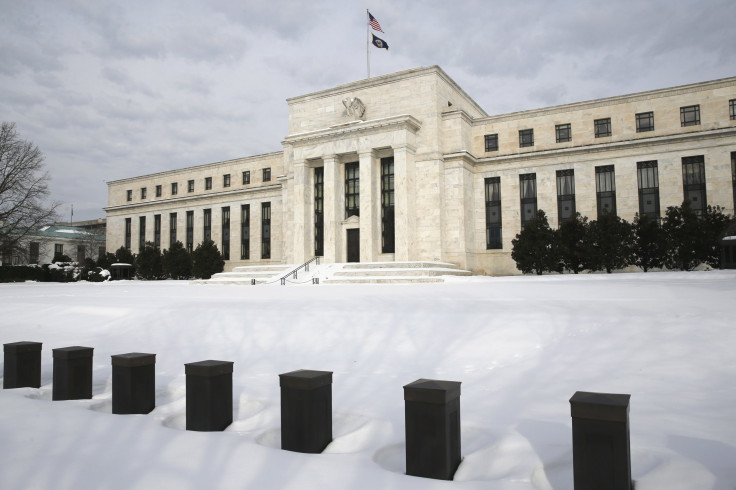Fed’s Kaplan Calls For Patience; Traders See No 2016 Rate Hikes

The Federal Reserve should be “patient” on interest rate increases, the new chief of the Dallas Federal Reserve Bank said on Thursday, joining a growing chorus of U.S. central bankers signaling rates may stay low for longer.
“This is a time for patience and analysis, and really assessing data, because there has been some slowing,” Robert Kaplan told reporters after speaking before the Real Estate Council in Dallas. “Certainly financial conditions have tightened, and we know that non-U.S. growth is weakening, and I have got to take that into account as a policymaker.”
The Fed raised its benchmark interest rate at its December meeting in its first increase since the financial crisis, and policymakers signaled that as many as four additional rate hikes were likely for 2016.
Few investors and private economists see that as a realistic trajectory anymore, given a drop in oil prices and a global stock market sell-off since the beginning of the year. Traders are now pricing in no further rate hikes until well into 2017.
The Fed last week acknowledged that global financial market turbulence could be clouding the outlook, a point several policymakers, including the influential chief of the New York Fed and Fed Vice Chair Stanley Fischer, have since hammered home.
To Carl Tannebaum, chief economist at Chicago’s Northern Trust, it is already “too late” for the Fed to raise rates in March, in part because markets are now betting so heavily against it. If policymakers want to keep the option for a June hike open, they would need to start flagging it soon, he said.
“The international drama has definitely cooled the appetite for policy normalization,” he said.
Kaplan, a former Goldman Sachs banker, sought to downplay the role of market bets in the Fed’s thinking, but did little to push back against the idea that rate hikes are now farther off.
“We are very mindful of non-U.S. conditions, global conditions and their impact on GDP, employment and inflation,” Kaplan said.
Economic data earlier on Thursday suggested some loss of momentum in the U.S. labor market, as the number of Americans filing for unemployment benefits rose more than expected last week, and employers in retail and energy planned more layoffs.
Kaplan said he was also watching the drop in the benchmark U.S. 10-year Treasury yield and the slowdown in manufacturing, as well as the stronger dollar’s downward impact on inflation.
© Copyright Thomson Reuters 2024. All rights reserved.







